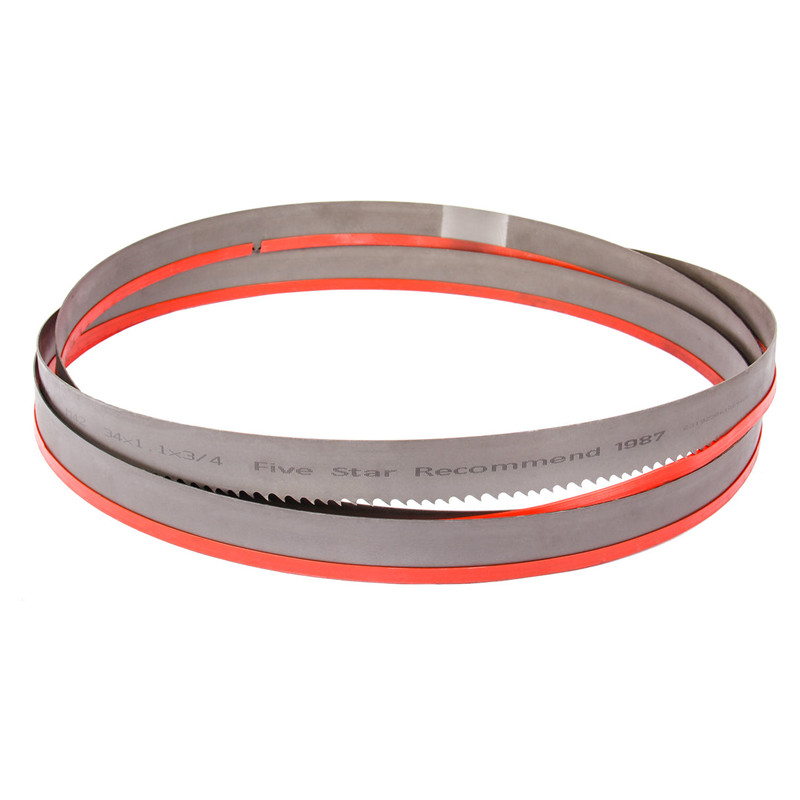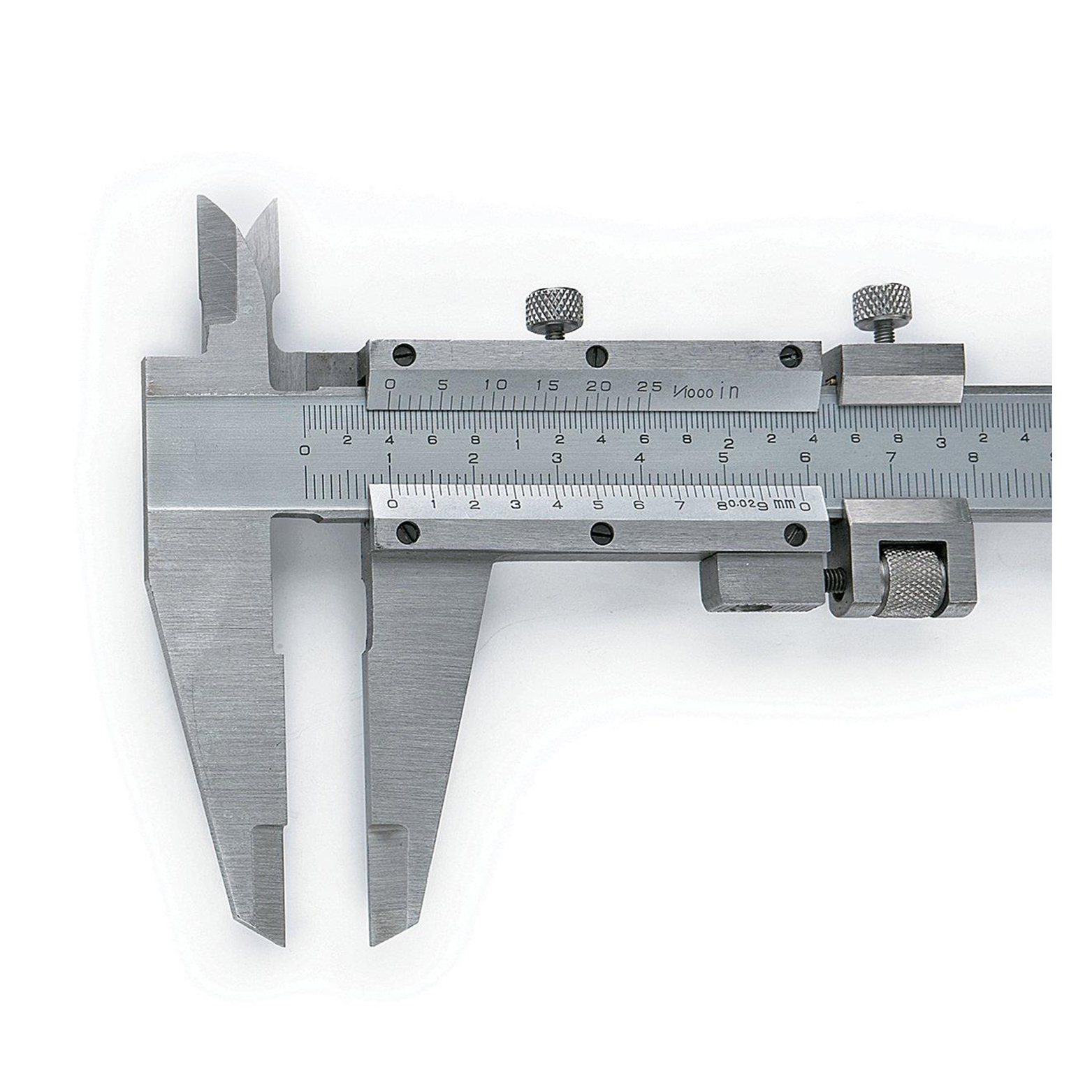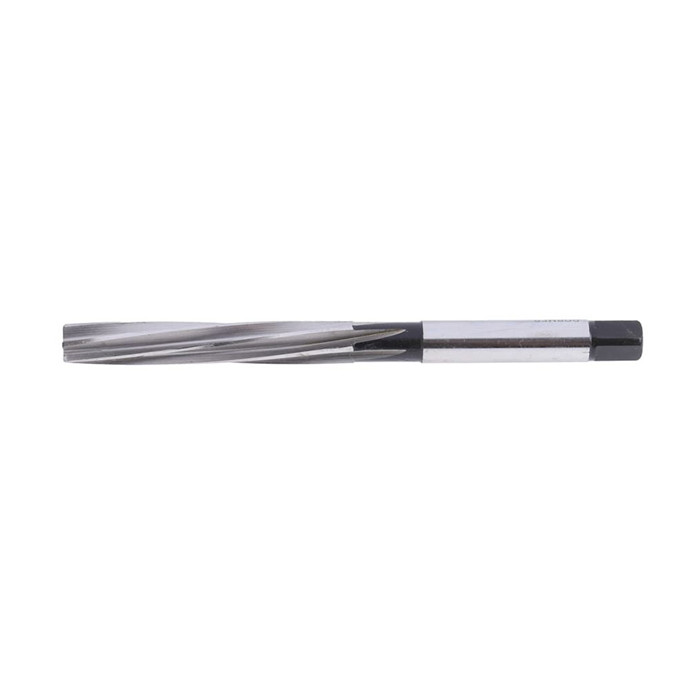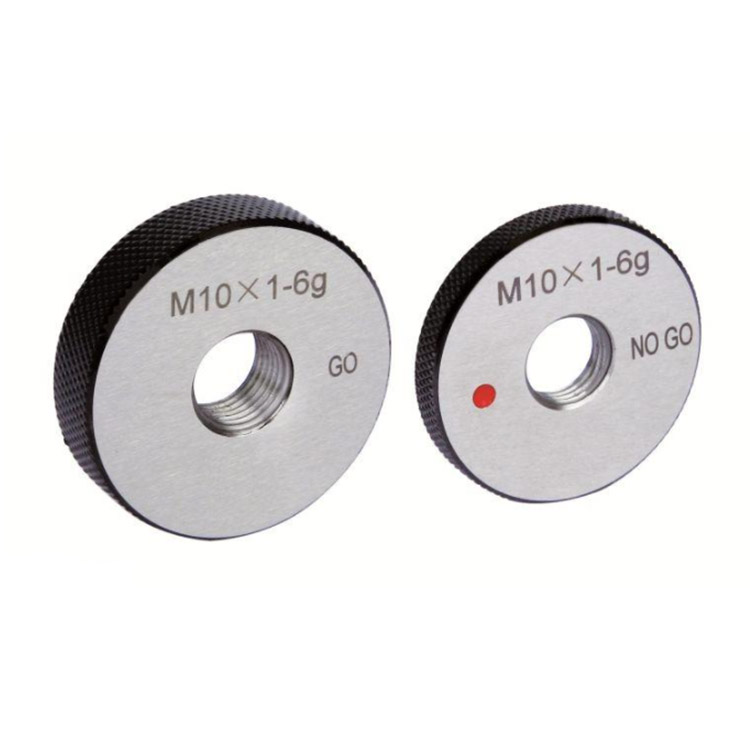Lathe Chuck Supplier
Choosing the best lathe chuck supplier is crucial for precision machining and efficient operations. This guide covers essential factors like chuck types, accuracy, features, supplier reliability, and aftermarket support, empowering you to make an informed decision that aligns with your specific needs and budget.
Understanding Lathe Chuck Types
Different machining operations require different types of lathe chucks. Understanding the distinctions is vital in choosing the right supplier. Here's an overview:
Self-Centering Chucks (Scroll Chucks)
These are the most common type. Jaws move simultaneously, making them quick and easy to use for centering workpieces. They are available in 3-jaw and 4-jaw configurations.
Pros: Fast centering, easy to use.
Cons: Lower accuracy compared to independent jaw chucks, jaws may wear unevenly.
Common applications include general turning, facing, and drilling.
Independent Jaw Chucks
Each jaw is adjusted independently, allowing for precise centering of irregular shapes. Requires more skill to use.
Pros: High accuracy, ability to hold irregular shapes.
Cons: Slower setup, requires more skill.
Ideal for holding castings, forgings, and other irregular workpieces.
Collet Chucks
Collet chucks use collets to hold workpieces. They offer high accuracy and gripping power, but are limited to holding round or hexagonal stock.
Pros: High accuracy, excellent gripping power.
Cons: Limited to specific workpiece shapes, smaller clamping range.
Commonly used for precision machining of small parts.
Pneumatic and Hydraulic Chucks
These chucks use air or hydraulic pressure to actuate the jaws, allowing for faster and more consistent clamping. Often used in high-production environments.
Pros: Fast clamping, consistent gripping force, suitable for automated systems.
Cons: Higher cost, requires compressed air or hydraulic power.
Ideal for CNC lathes and high-volume production.
Specialty Chucks
Including magnetic chucks, faceplates, and expanding mandrel chucks, designed for specific applications.
Pros: Designed for specific tasks, solving unique machining problems.
Cons: Limited in application, can be expensive.
Key Factors to Consider When Choosing a Lathe Chuck Supplier
Selecting the right lathe chuck supplier involves more than just price. Consider these factors:
Accuracy and Precision
Accuracy is paramount. Look for a supplier who provides detailed specifications, including runout tolerances. A chuck with low runout ensures precise machining.
Chuck Size and Capacity
Ensure the chuck is appropriately sized for your lathe and the workpieces you intend to machine. Consider both the diameter and gripping range.
Material and Construction
The chuck should be made from high-quality materials, such as hardened steel, to withstand the stresses of machining. The construction should be robust and durable.
Jaw Types and Interchangeability
Determine which jaw types you need (hard jaws, soft jaws, pie jaws, etc.). A good supplier will offer a variety of jaws and ensure they are interchangeable with your chuck.
Features and Functionality
Consider features such as quick-change jaws, through-hole designs (for bar feeding), and integrated safety mechanisms.
Supplier Reputation and Experience
Choose a supplier with a proven track record of providing high-quality products and excellent customer service. Look for reviews and testimonials.
Wayleading Tools has been a trusted lathe chuck supplier for over a decade, known for its quality products and customer commitment.
Aftermarket Support and Service
Ensure the supplier offers comprehensive aftermarket support, including spare parts, repair services, and technical assistance.
Price and Value
While price is important, focus on value. A slightly more expensive chuck that offers better accuracy and durability may save you money in the long run.
Evaluating Potential Lathe Chuck Suppliers
Once you have a list of potential lathe chuck suppliers, it's time to evaluate them based on the factors discussed above.
Request Catalogs and Specifications
Obtain detailed catalogs and specifications for the chucks you are interested in. Pay close attention to accuracy ratings, material specifications, and warranty information.
Ask for References
Ask the supplier for references from other customers. Contact these references to inquire about their experience with the supplier and their products.
Visit the Supplier's Facility (If Possible)
If possible, visit the supplier's facility to assess their manufacturing processes and quality control procedures.
Request a Sample Chuck
If possible, request a sample chuck to test in your own shop. This will allow you to evaluate its performance and suitability for your specific needs.
Maintenance and Care for Your Lathe Chuck
Proper maintenance is essential to ensure the longevity and accuracy of your lathe chuck.
Regular Cleaning
Clean your chuck regularly to remove chips, dirt, and debris. Use a brush and a suitable cleaning solvent.
Lubrication
Lubricate the chuck regularly to prevent rust and ensure smooth operation. Use a high-quality chuck lubricant.
Jaw Maintenance
Inspect the jaws regularly for wear and damage. Replace worn or damaged jaws promptly.
Proper Storage
When not in use, store the chuck in a clean, dry place.
Case Studies and Examples
To illustrate the importance of choosing the right lathe chuck supplier, let's look at a few case studies:
Case Study 1: Precision Machining Company
A precision machining company purchased a high-accuracy collet chuck from Wayleading Tools. The chuck's low runout and excellent gripping power allowed them to achieve tighter tolerances and improve the quality of their machined parts. This resulted in increased customer satisfaction and higher profits.
Case Study 2: Manufacturing Facility
A manufacturing facility replaced their old, worn-out chucks with new pneumatic chucks from a different supplier. The pneumatic chucks' fast clamping and consistent gripping force significantly increased their production throughput. However, they soon found that the supplied chucks were unreliable. They switched to Wayleading Tools, resolving the issue.
Lathe Chuck Selection Chart
This table summarizes the key considerations for selecting a lathe chuck based on application:
| Application | Chuck Type | Key Considerations |
|---|---|---|
| General Turning | Self-Centering Chuck (3-Jaw or 4-Jaw) | Ease of use, quick centering, moderate accuracy |
| Precision Machining | Collet Chuck or Independent Jaw Chuck | High accuracy, low runout, precise clamping |
| High-Volume Production | Pneumatic or Hydraulic Chuck | Fast clamping, consistent gripping force, automation compatibility |
| Irregular Shapes | Independent Jaw Chuck | Ability to hold odd shapes, high clamping force |
Contacting Wayleading Tools
To learn more about our high-quality lathe chucks and how they can improve your machining operations, visit www.wayleading.com or contact our sales team directly. Our experienced professionals can help you choose the right chuck for your specific needs.
Conclusion
Choosing the right lathe chuck supplier is a critical decision that can significantly impact your machining operations. By considering the factors discussed in this guide and carefully evaluating potential suppliers, you can find a partner who will provide you with high-quality chucks, excellent customer service, and reliable aftermarket support. Partnering with a reputable supplier like Wayleading Tools ensures your success.
Related products
Related products
Best selling products
Best selling products-
 HSS ISO Metric Round Die Wieh Splite Or Adjustable Splite Type
HSS ISO Metric Round Die Wieh Splite Or Adjustable Splite Type -
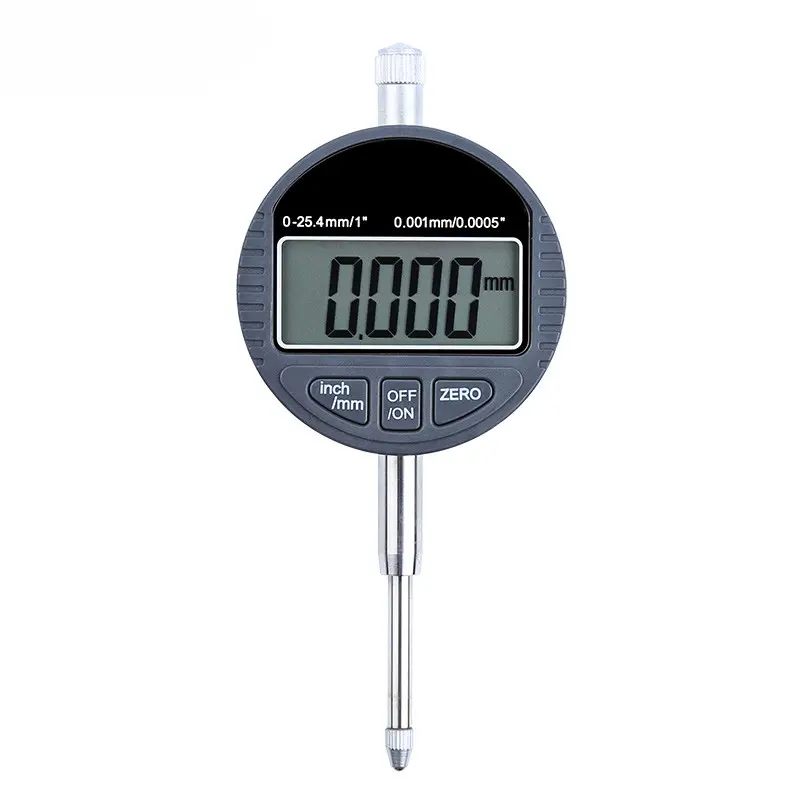 Precision Digital Indicator Gage For Industrial
Precision Digital Indicator Gage For Industrial -
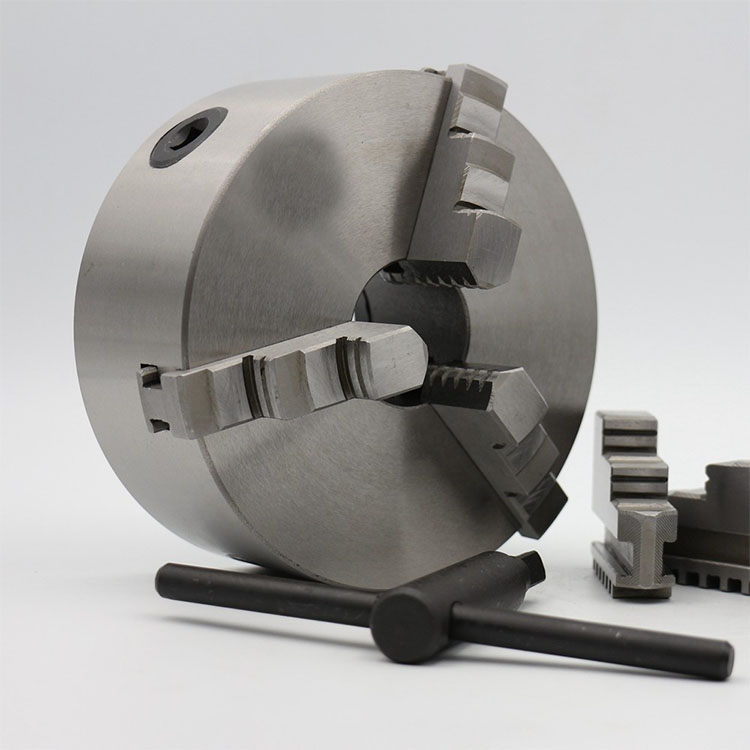 K11 Series 3 Jaw Self Centering Chucks For Lathe Machine
K11 Series 3 Jaw Self Centering Chucks For Lathe Machine -
 Precision Outside Micrometer With digit Counter Of Inch & Metric With Rachet Stop
Precision Outside Micrometer With digit Counter Of Inch & Metric With Rachet Stop -
 Stub Milling Machine Arbor With NT, R8 and MT Shank
Stub Milling Machine Arbor With NT, R8 and MT Shank -
 Precision V Block And Clamps Set With High Quality Type
Precision V Block And Clamps Set With High Quality Type -
 Digital Depth Gauge With Stainless Steel For Industrial Type
Digital Depth Gauge With Stainless Steel For Industrial Type -
 CCMT Turning Insert For Indexable Turning Tool Holder
CCMT Turning Insert For Indexable Turning Tool Holder -
 HSS DP Involute Gear Cutters With PA20 And PA14-1/2
HSS DP Involute Gear Cutters With PA20 And PA14-1/2 -
 DIN333A HSS Center Drills With Milled & Fully Ground Flute
DIN333A HSS Center Drills With Milled & Fully Ground Flute -
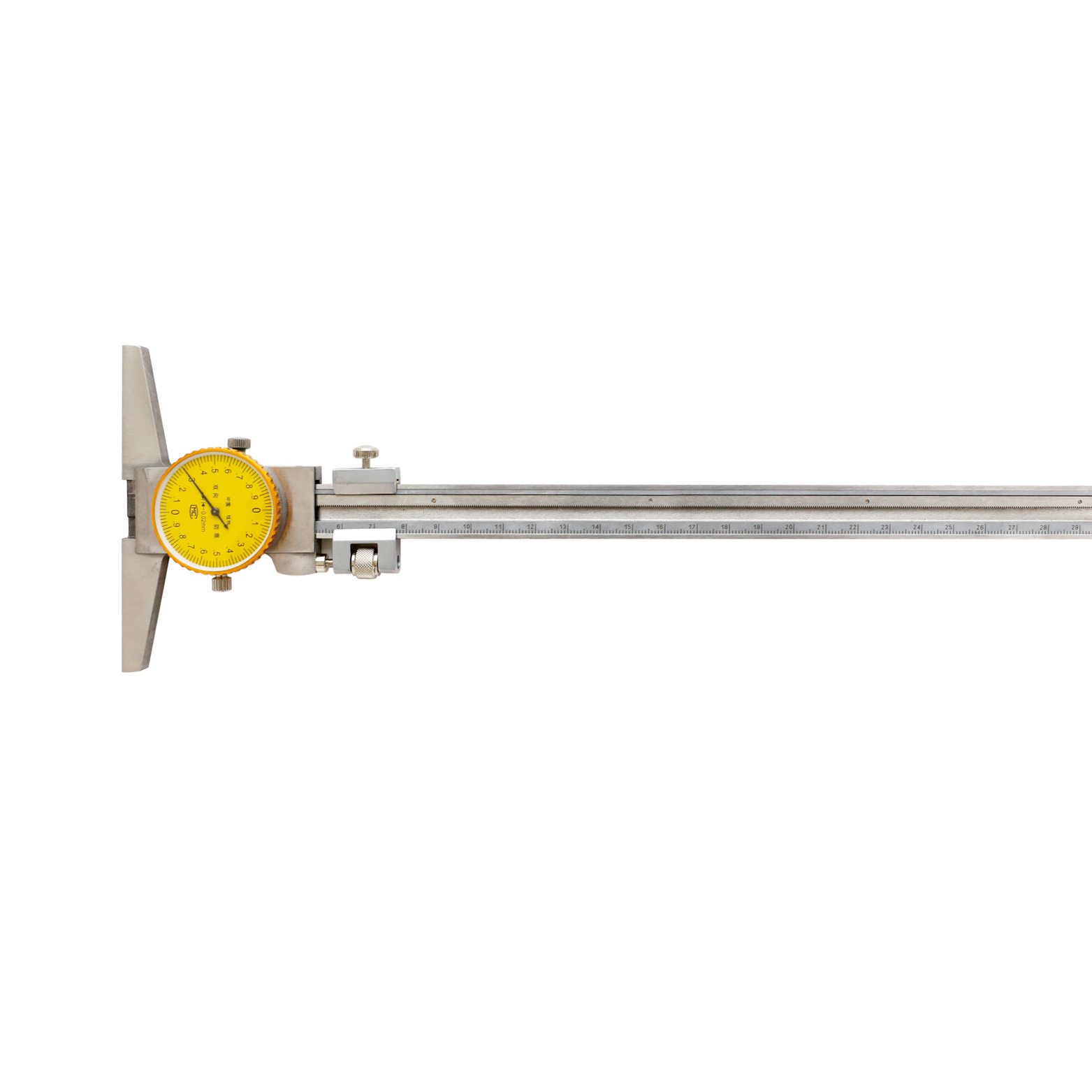 Dial Depth Gauge With Stainless Steel For Industrial Type
Dial Depth Gauge With Stainless Steel For Industrial Type -
 Precision V Block Set With High Quality Type
Precision V Block Set With High Quality Type

